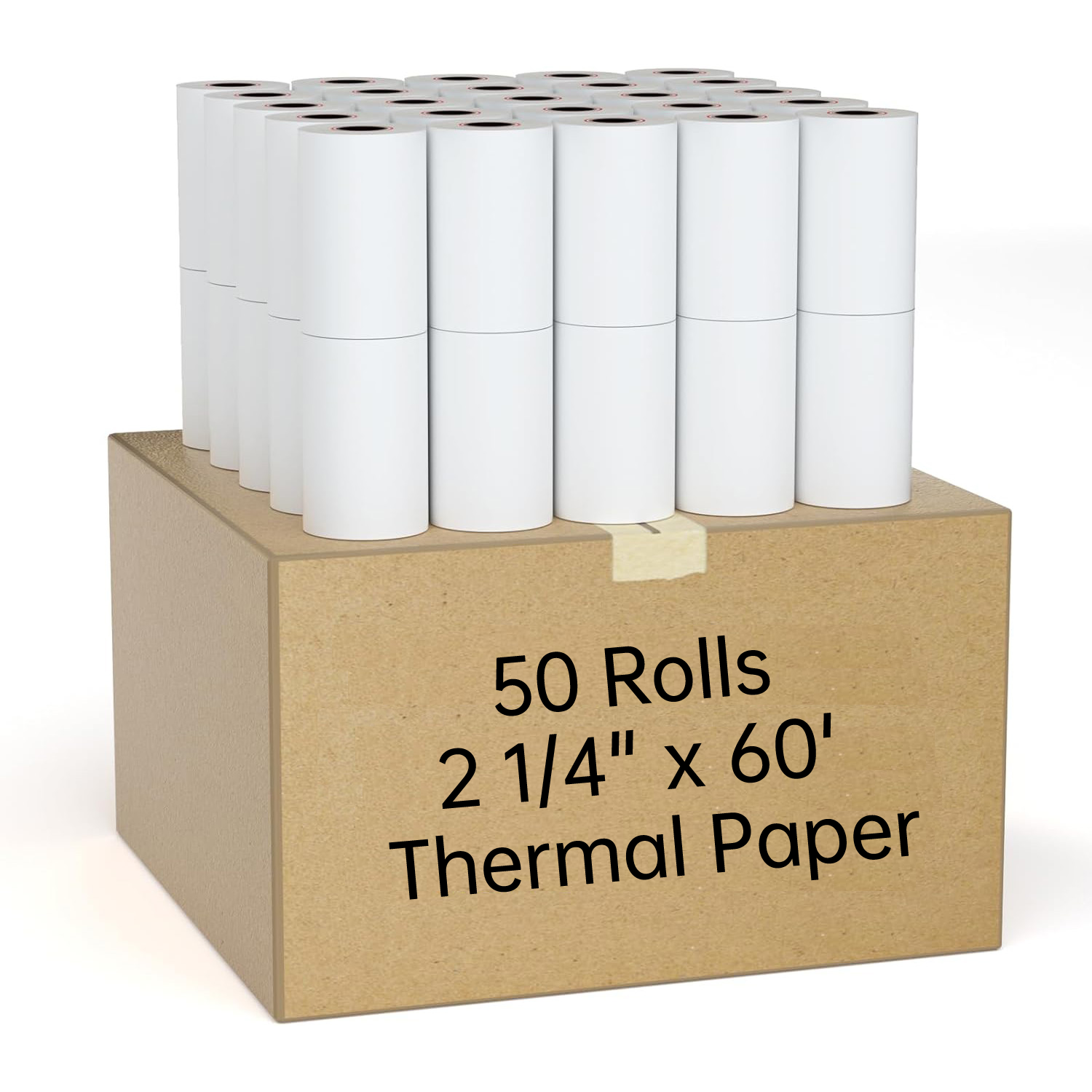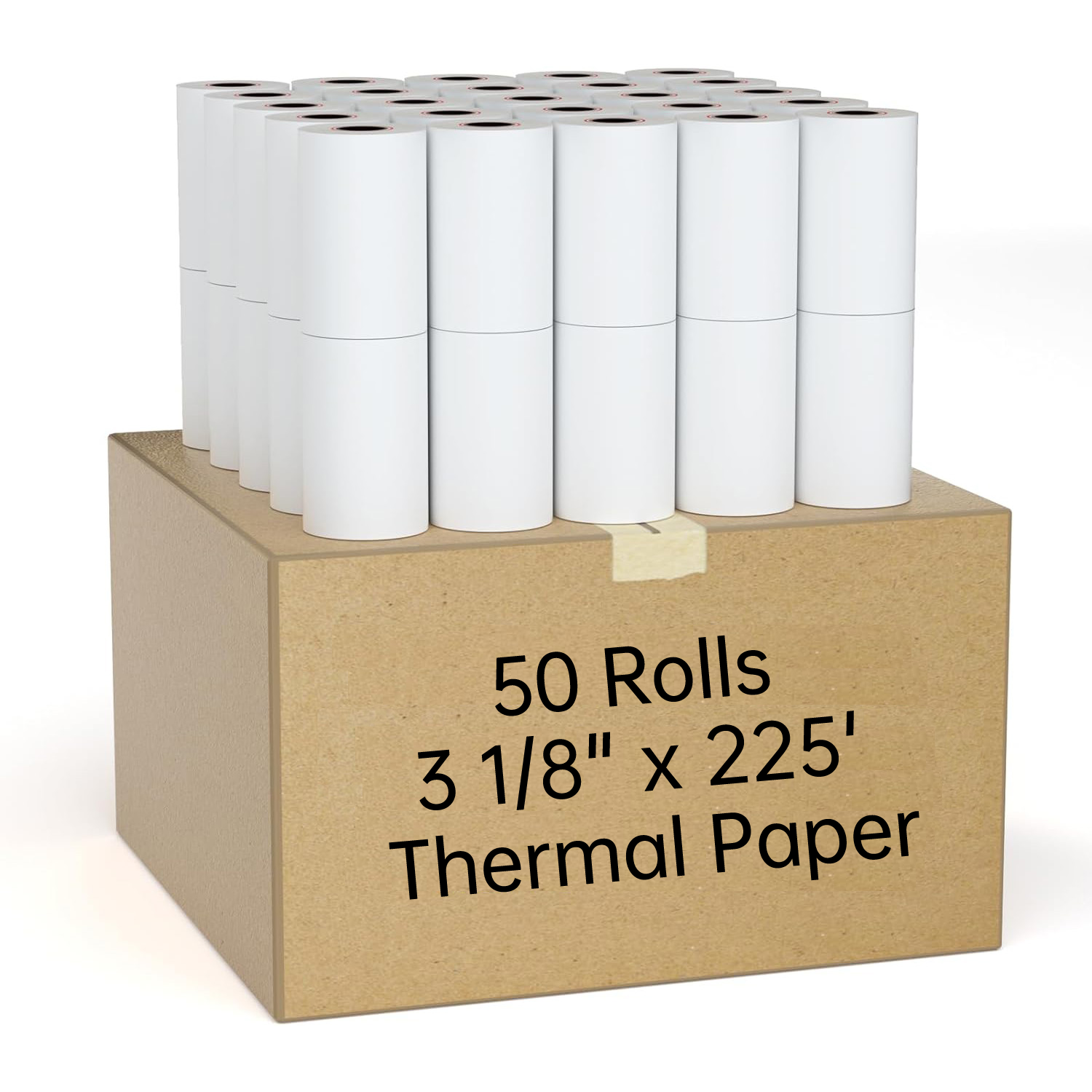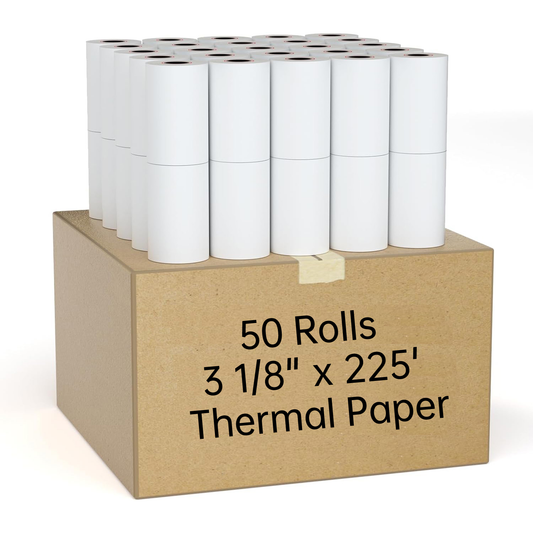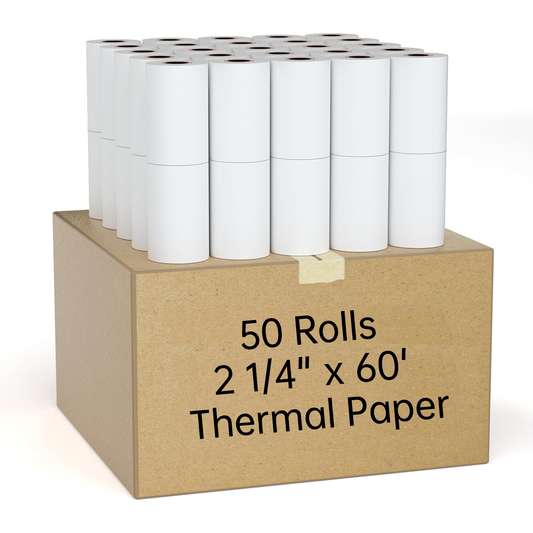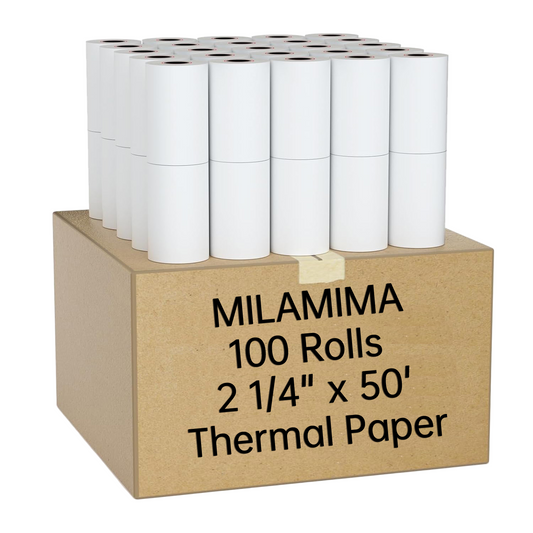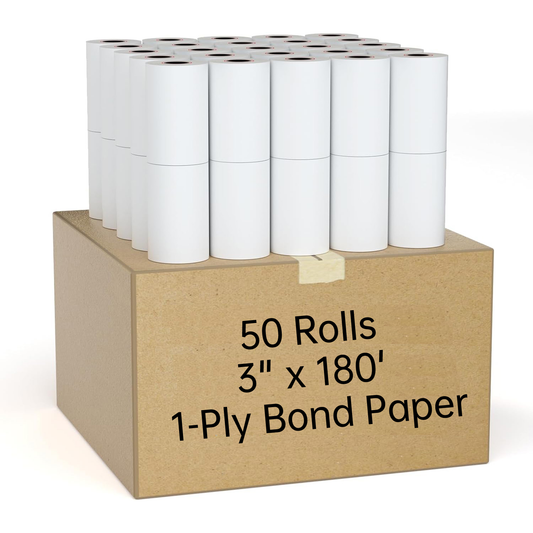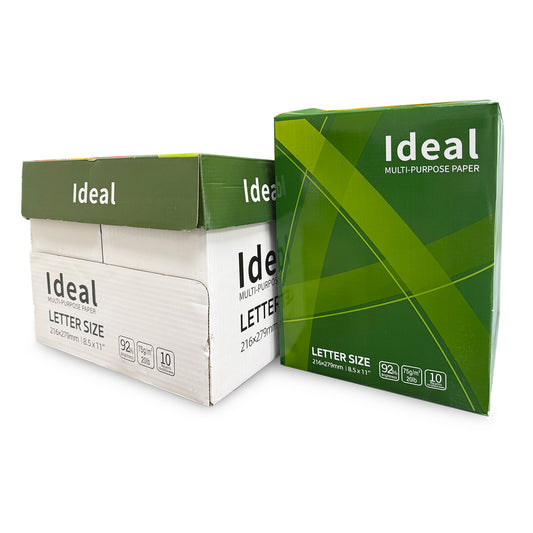Do Thermal Rolls Contain Any Harmful Substances?
Thermal paper rolls are widely used in receipts, tickets, and labels, but concerns about their safety have sparked debates. The primary issue revolves around bisphenol A (BPA), a chemical often used in the thermal coating of these papers. Here’s what you need to know about potential harmful substances in thermal rolls and how to choose safer alternatives.
1. BPA in Thermal Paper
BPA is a chemical compound used to enhance the heat sensitivity of thermal paper. While effective for printing, BPA can:
- Be absorbed through the skin during handling.
- Leach onto food when receipts come into contact with consumables.
- Act as an endocrine disruptor, potentially causing reproductive issues, developmental delays, and other health concerns.
2. BPA-Free Alternatives
To address these risks, many manufacturers now produce BPA-free thermal rolls, which use alternative coatings. Common alternatives include:
- Bisphenol-S (BPS): A common substitute for BPA, though its safety is still debated.
- Phenol-Free Coatings: Considered the safest option, these do not use any bisphenol compounds.
3. Thermal Paper in Food Safety
For industries like restaurants and food services, BPA-free rolls are highly recommended. Residues from BPA-coated paper can transfer to food, increasing the risk of ingestion.
4. Regulatory Actions
Some governments and regulatory bodies have taken steps to restrict or ban the use of BPA in thermal paper. For instance:
- The European Union banned BPA in thermal paper in 2020.
- Regulations in other regions vary, so it’s essential to check local guidelines.
5. How to Identify Safer Thermal Rolls
To avoid harmful substances, look for rolls explicitly labeled as:
- BPA-Free
- Phenol-Free
- Safe for Food Contact
Reputable brands often disclose their coating materials, making it easier to choose safer options.
Conclusion
Thermal rolls can contain harmful substances like BPA, but safer alternatives are available. Businesses, especially those in food-related industries, should switch to BPA-free or phenol-free thermal rolls to protect customers and employees from potential health risks.


